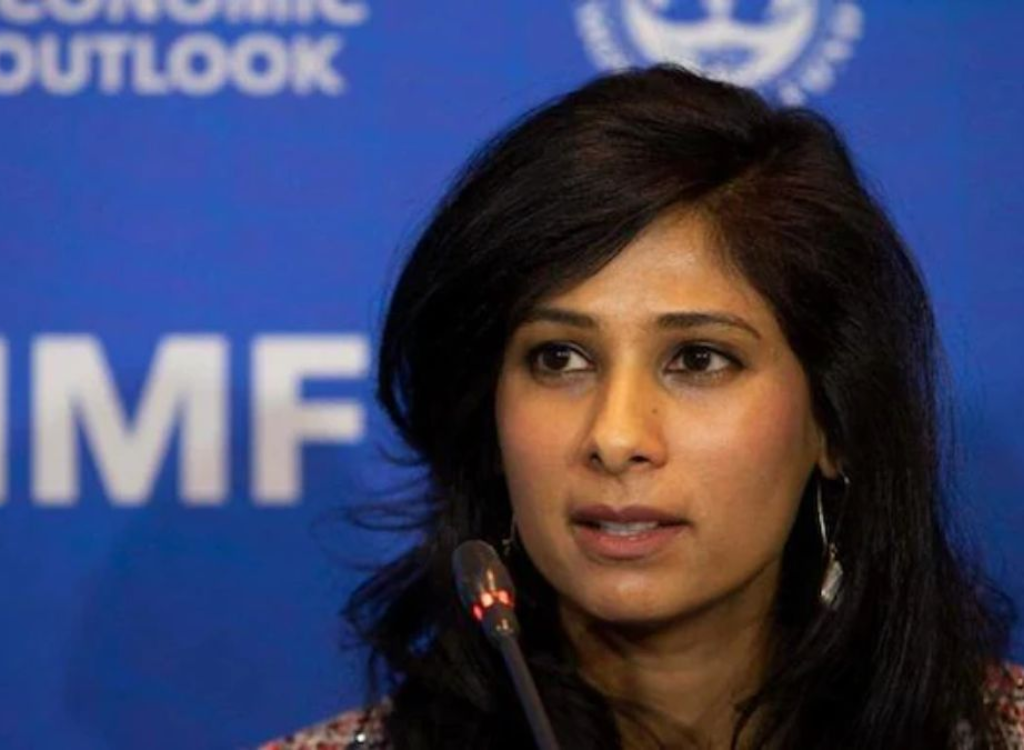Sri Lanka has made substantial progress on an IMF-supported economic reform program, but more work is needed to reduce the Asian country’s 24.5% poverty rate, tackle corruption and reduce domestic debt, the global lender’s No. 2 official said Monday.
In remarks prepared for a conference in Colombo, Gita Gopinath, first deputy managing director of the International Monetary Fund, said Sri Lanka’s reforms had tested the country’s social fabric, but also paved the way for a more resilient future.
Sri Lanka, which plunged into financial crisis due to a record shortage of dollars three years ago, has recovered strongly since securing a four-year program from the global lender in March 2023.
The country in April reached a staff-level agreement with the IMF on a fourth review of the bailout package, which will give it access to about $344 million in financing upon board approval.
“Substantial progress has been made to restore macroeconomic stability and reduce hardships faced by people,“ Gopinath said, citing renewed availability of fuel, cooking gas and medicines, economic growth of 5% in 2024 and a sharp increase in tax revenues.
“We must now turn our focus from crisis response to sustainable recovery. There is a lot that is still needed,“ she said, urging Sri Lankan authorities to keep working on governance reforms and reducing poverty and debt.
Sri Lanka and other small open economies also now faced major risks given tariffs, geopolitical conflict and economic fragmentation, Gopinath said.
“That is why there is no room for policy errors,“ she said, noting that about half of Sri Lanka’s 16 past IMF programs had ended prematurely, with reform fatigue setting in and hard-won gains being reversed.
“The country cannot afford to repeat that cycle,“ she said. “This time must be different! As President (Anura Kumara) Dissanayake has said, let us ensure this is the last IMF program Sri Lanka will need.”
Gopinath said the IMF agreed that was possible, if Sri Lanka stayed the course, continued to pursue inclusive reforms, increased transparency and ensured its policies were responsive and responsible.
She said Sri Lanka’s debt restructuring had resulted in improved methodologies for evaluating state-contingent features in debt contracts that link payments to a country’s capacity to pay, as well as sparking certain IMF reforms.
Challenges included facilitating collaboration among a range of official creditors, including France, Japan, India and China, and including domestic debt in the restructuring plans, albeit by focusing on lower interest rates and longer maturities instead of nominal debt reductions, she said.
(Reuters)











Leave a comment